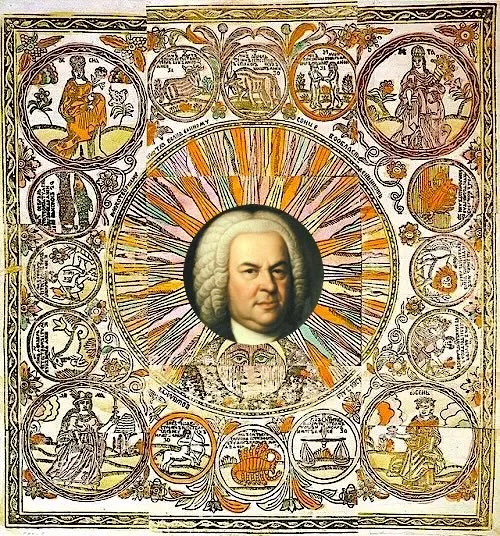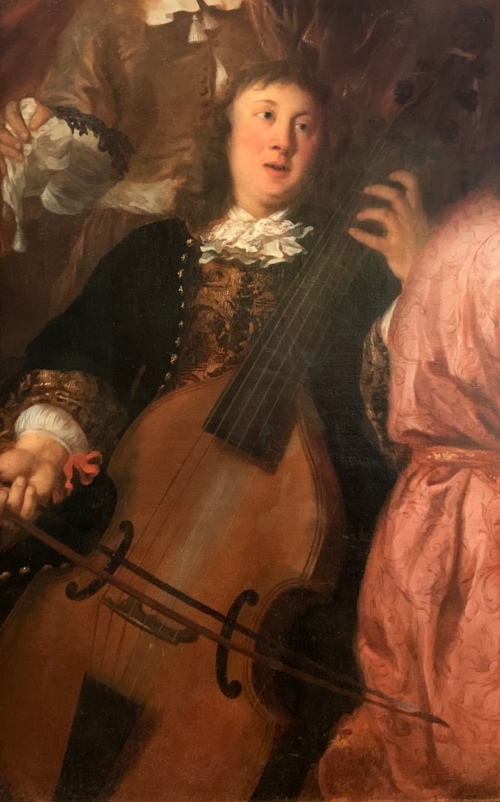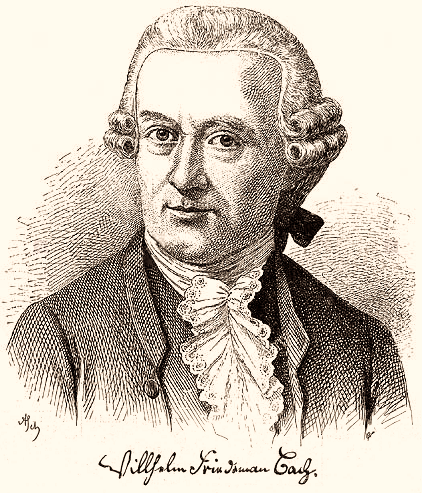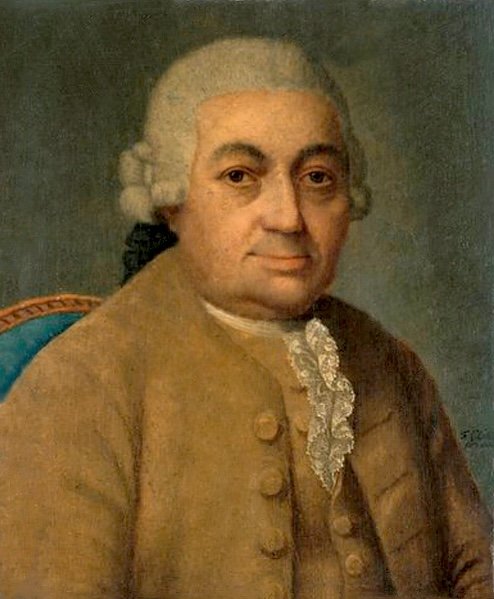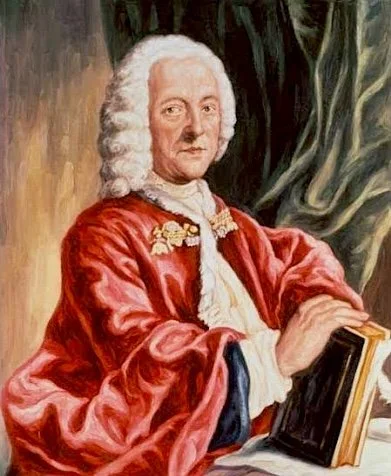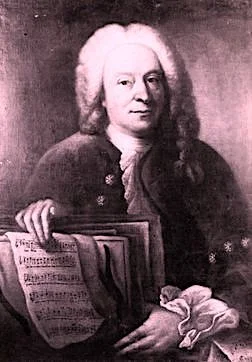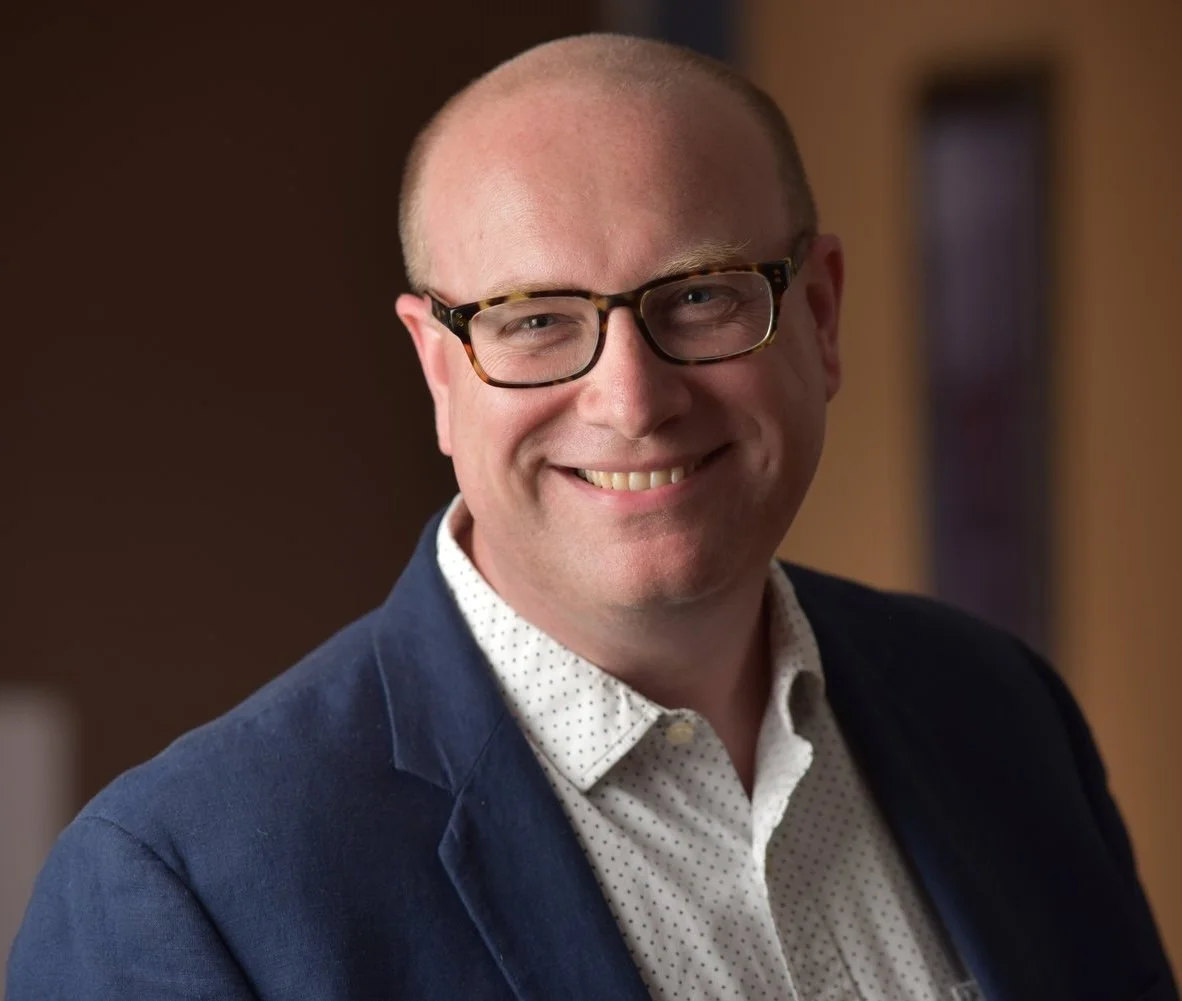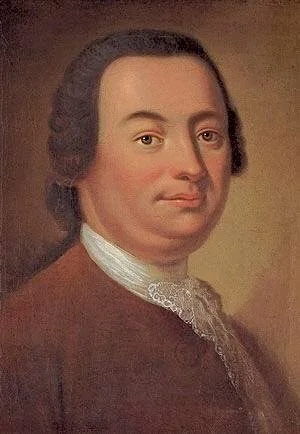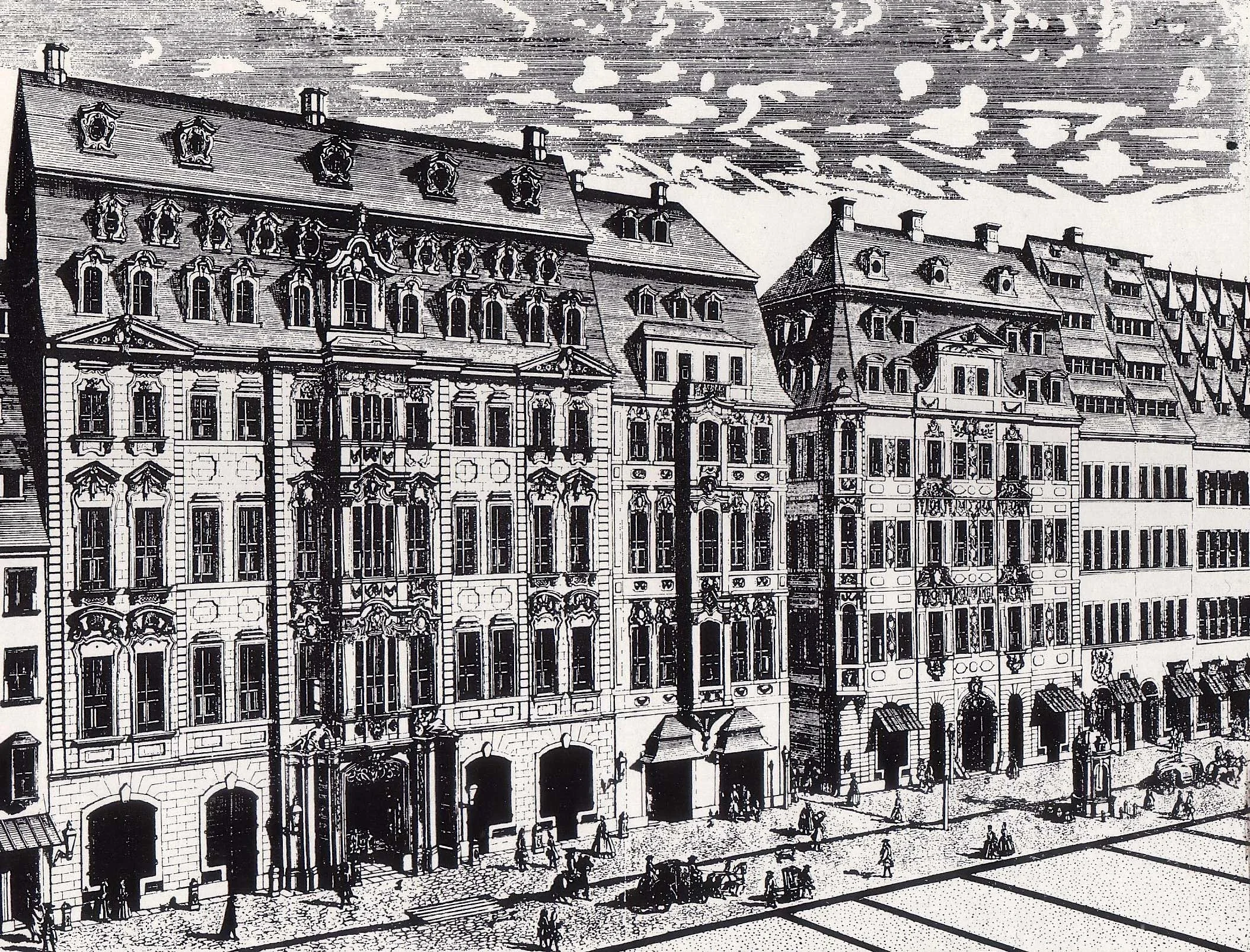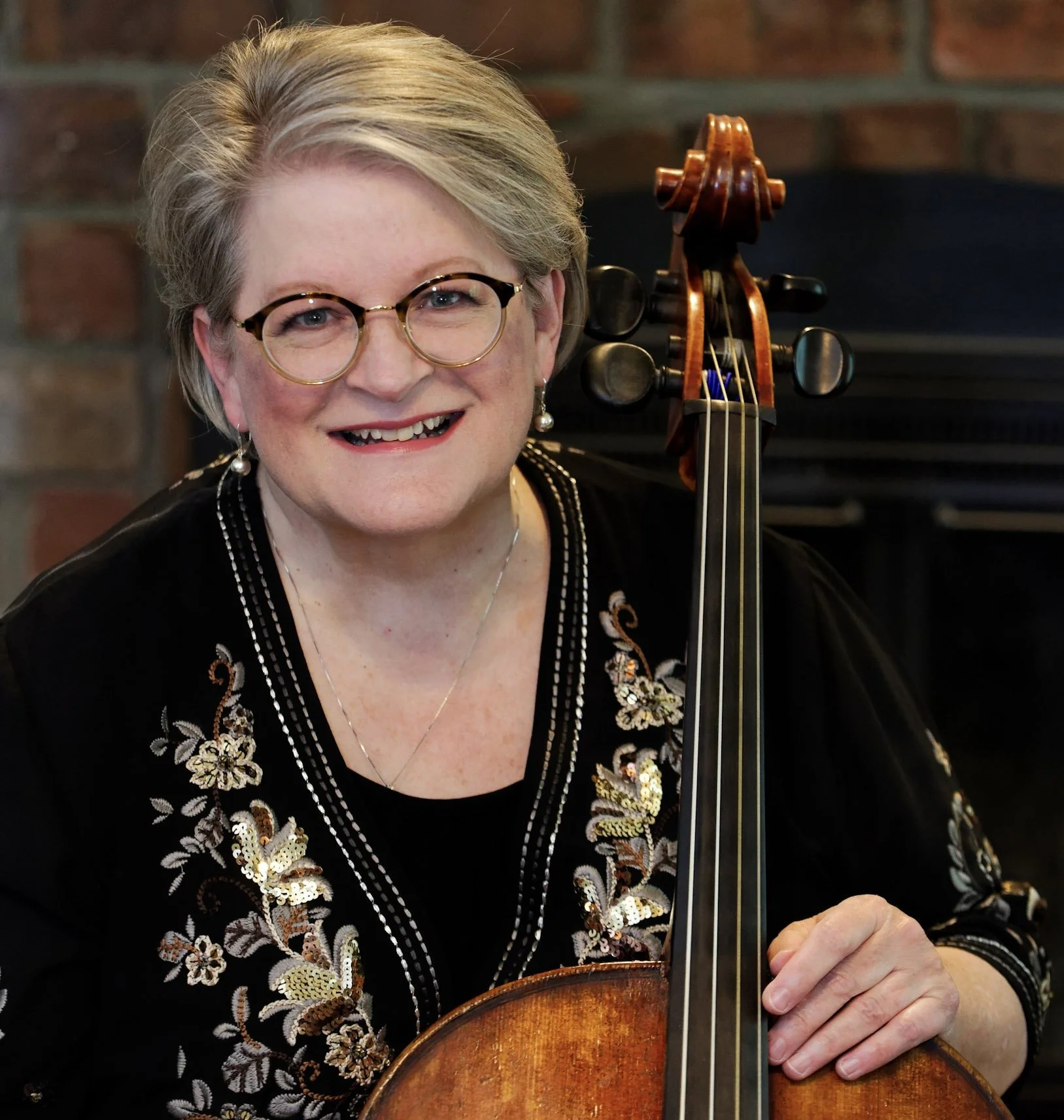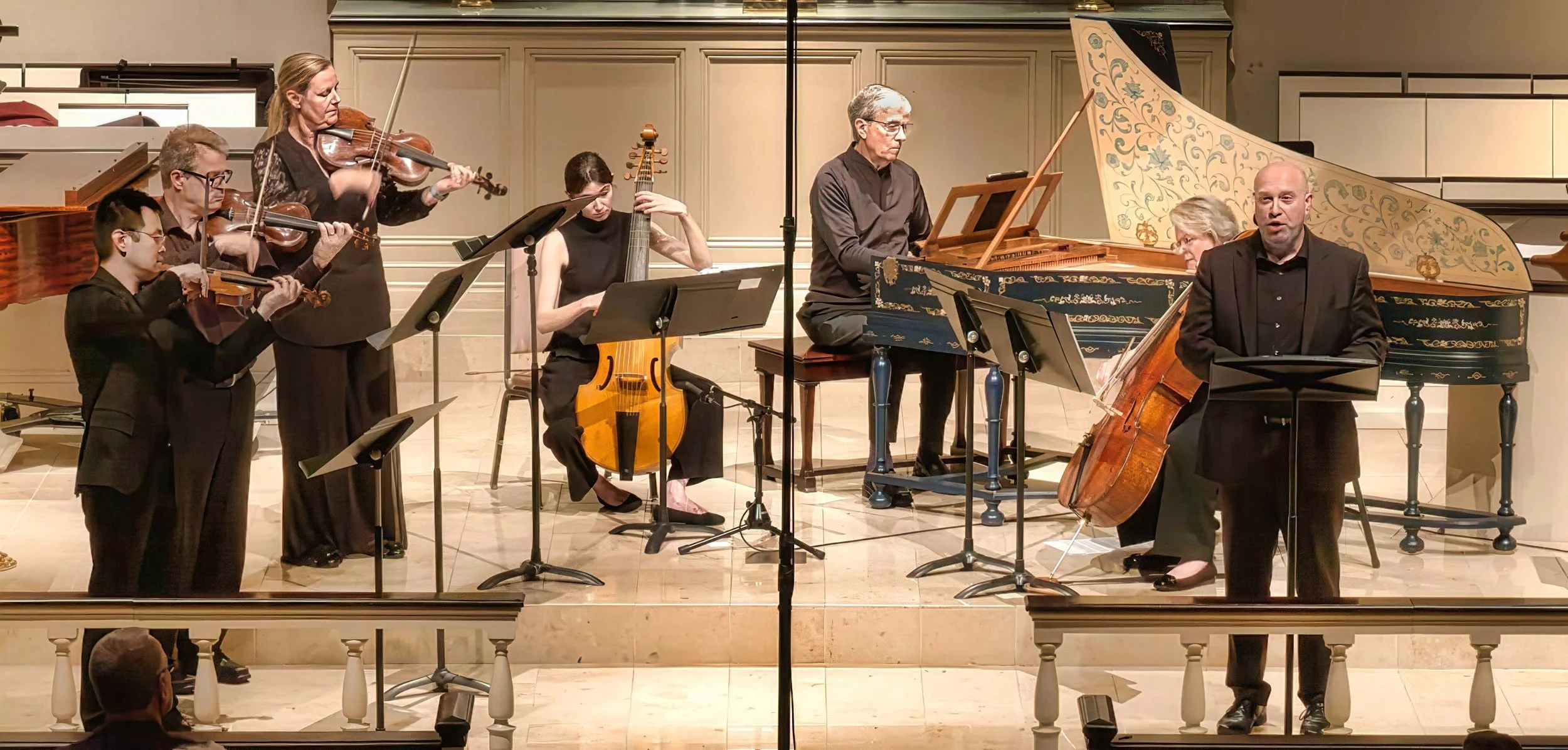summer of bach
The Kansas City Baroque Consortium Celebrates the Great Composer and His Circle
By Patrick Neas, KC Arts Beat
Like the Sun, Bach’s music has been radiating light to all corners of the musical universe since it was first composed. In his own day, Bach inspired the respect and awe of his fellow composers, he also passed on his spark of genius to his many sons, who, in turn, added their own light to future generations of musicians and music lovers.
For anyone who loves music, it would be a dark world indeed without the music of Bach.
This summer, the Kansas City Baroque Consortium will present A Musical Offering: From the Circle of J.S. Bach, three concerts celebrating the music of Bach, those he influenced and his sons, who carried on his legacy.
The first concert is Bach & Co: Music of JS Bach and His Contemporaries Buxtehude, Graupner, & Telemann at 7:30 p.m. June 27 at St. John United Methodist Church and 3 p.m. June 29 at Gloria Dei Lutheran Church.
The second concert, Bach & His Boys: Music from the Bach Family Dynasty is at 7:30 p.m. July 18 at Village Presbyterian Church and 3 p.m. July 20 at Gloria Dei Lutheran Church.
And the summer series will conclude with Bach at the Café Zimmerman: Coffee, Pipe, & Drink: Vice, Virtue & Redemption at 7:30 p.m. at Visitation Catholic Church and 3 p.m. Aug. 17 at Gloria Dei Lutheran Church.
For cellist Trilla Ray-Carter, founder and artistic director of Kansas City Baroque Consortium, Bach is in a class of his own.
“He is the ultimate,” she said. “He took the language of the Baroque era to its pinnacle. And, in fact, it was such a high pinnacle we've determined that his death in 1750 was truly the end of the Baroque era. We know that his sons and many other composers who were coming along around that same time were already starting to write in a new style. So we really see Bach's writing as a representation of the highest form of Baroque music that we know.”
dietrich buxtehude
wilhelm friedemann bach
georg Philipp Telemann
christoph graupner
Bach was not an isolated figure. He was aware of other composers and they were aware of him. Bach & Co: Music of JS Bach and His Contemporaries Buxtehude, Graupner, & Telemann will explore his connections with three of those important composers.
Buxtehude was one of the most revered composers of his age, and Bach was the ultimate Buxtehude fanboy. When he was 20 years old, he famously walked 250 miles from Arnstadt to Lübeck to hear Buxtehude play the organ and, as Bach put it, “to comprehend one thing and another about his art.”
“I think Bach was fairly young, and was trying to envision his own career, in a sense,” Ray-Carter said. “He was very drawn to Buxtehude's playing and his reputation as a great composer. And I think he was just curious. And how wonderful because Buxtehude would have been one of the most obscure composers of the era otherwise.”
The Consortium will perform one of Buxtehude’s Trio Sonatas.
“It’s absolutely beautiful,” Ray-Carter said. “It's really a little bit of a chaconne or a passacaglia, so it's a recurring bass line over a series of variations. We just premiered it on our library concert this past month. It’s a charming work.”
Bach was very good friends with another composer featured on the program. In fact, Telemann was even godfather to Bach’s son, Carl Philipp. Telemann is considered one of the most prolific composers who ever lived. His music is quite different than Bach’s. He was less inclined to write the amazingly complex cerebral music for which Bach is known. Telemann composed in a galant style, incorporating folk elements from French, Italian and Polish music
Trevor Stewart, an amazing recorder virtuoso, and traverso player Emlyn Johnson will be featured in Telemann’s Concerto for Traverso and Recorder. A traverso is a wooden Baroque flute.
Another composer on the program is starting to receive the attention he deserves. Christoph Graupner was the court composer for Hesse-Darmstadt, a state in the Holy Roman Empire, for almost 50 years, until he became blind. In 1723, to improve his financial situation, Graupner applied for the cantorate, or music director’s position at St. Thomas Church in Leipzig. His patron in Darmstadt refused to release him from his duties, but did increase his salary. It was none other than Bach who got the job as music director in Leipzig. When Graupner heard the news, he wrote the Leipzig city council that Bach "is a musician just as strong on the organ as he is expert in church works and capelle pieces" and a man who "will honestly and properly perform the functions entrusted to him.”
Graupner had a distinct style with clever orchestration and rich harmonies, qualities heard in his Suite for Recorder and Strings, which will be performed on the program.
bach’s boys
Carl Philipp Emanuel Bach
johann christian bach
café zimmermann
jay carter
Listen to Trilla Ray-Carter and Patrick Neas discuss A Musical Offering from the Circle of Bach on the KC Arts Beat Report podcast.
Johann Christoph Bach
wilhelm friedrich ernst bach
Bach wrote an extraordinary amount of music in every Baroque genre, but he was fecund in other ways, as well. He had twenty children, four of whom became respected and renowned composers in their own right: Wilhelm Friedemann, Carl Philipp Emanuel, Johann Christian, and Johann Christoph Friedrich. The music of all four will be featured in the July 18 and 20 concerts.
“Fortunately Bach had two wives who helped build that family.” Ray-Carter said. “The gene pool was very strong. His second wife, in particular, was a fine musician and taught the children. Anna Magdalena created the wonderful collections for the children that we know so well, the minuets and things like that that are built into our DNA as young musicians.”
The July 18 and 20 concerts will include the Sinfonia in F, known as the “Dissonant" by Wilhelm Friedemann, the Trio Sonata in D by Johann Christian, the String Quartet No. 4 by Johann Christian, a zesty recorder concert by Carl Philipp Emanuel and the Trio for Two Flutes & Viola by the son of Johann Christoph and Bach’s only grandson, Wilhelm Friedrich Ernst Bach.
Ray-Carter says that the music of Bach’s sons exemplify the changes happening in music as it transitioned to the classical era. She said their music had a simpler style focusing on melodic content rather than the complex layers and levels we hear in Bach’s music.
“We've chosen works that have a lot of character and a lot of unique qualities about them in instrumentation or mood,” Ray-Carter said. “It’s an attempt to do a bit of a survey, so we’ve chosen movements that we feel really capture the essence of the work and the composer. We’ll really have a chance to hear a little bit from many of the sons.”
Concluding this extraordinary Summer of Bach is Bach at the Café Zimmerman: Coffee, Pipe, & Drink: Vice, Virtue & Redemption Aug. 15 and 17.
At 14 Katharinenstrasse, one of the most fashionable streets in Leipzig, was Café Zimmermann. The four and a half-story building was a coffeehouse, not much different than a Starbucks, although one doubts they served iced pumpkin spice lattes. Like Starbucks, it was a gathering place for coffee aficionados, intellectuals and music-lovers.
“Up to this point, it was primarily churches supporting composers, or the aristocracy, who were paying the musicians to perform for them and for their own audiences. But we start to see in this late Baroque era that democracy and the concepts of democracy are starting to filter in. Music-making became much more available to the commoner, to the middle class. And so we see this Café Zimmerman serving that purpose. We also see that women are allowed to come to these concerts, even though they weren't allowed to go to the cafe and sit down and have coffee.”
trilla ray-carter
The concert will feature music that would have been heard at Café Zimmermann. The program will combine music that celebrates the pleasures of tobacco and coffee, as well as a cantata urging abstemiousness.
The featured soloist is countertenor Jay Carter. He is an acclaimed Early Music specialist who has performed under conductors like Nicholas McGegan and Ton Koopman. Countertenors, male singers with a vocal range similar to a contralto or mezzo-soprano, are rare, especially one of Carter’s caliber. No wonder he is one of the most in-demand countertenors in the country.
He will be the soloist in Bach’s cantata Widerstehe doch der Sünde, BWV 54 “Stand firm against sin.”
“It’s one of my favorite solo cantatas, and the first one I learned as a young countertenor studying with Arnold Epley at William Jewell College,” Carter said. “In the first movement, two independent violin and two independent viola parts are pitted against a throbbing bass line, perhaps illustrating the quickening heartbeat of someone about to be pulled in by the temporary bliss of sinfulness. In the second movement, Bach musically compares sin to a beautiful, but attractive, apple that turns to ash in the mouth and a whitewashed mausoleum. The cantata concludes with advice about how to stand firm against evil, with wild lines that illustrate the craftiness of the Devil, and how quickly he cuts his losses and runs away when met with steadfast faith.”
While Carter sings a wide variety of Early Music repertoire, he acknowledges that there is something special about Bach.
“I find something new every time I perform or hear Bach’s work, and try to share that with audiences,” he said “Musicians who play Bach together get to know one another in a very intense way, in the same way a string quartet or jazz combo who work together often build a sense of ensemble that’s a living breathing entity. Bach’s demands keep even the most skilled musician humble and cooperative. It makes me feel like I’m a living, working and learning musician. Of course, to get to perform with my treasured KC colleagues, and for an audience of people I have know for nearly 30 years, feels like a very special honor.”
Bach and Co: Music of J.S. Bach and His Contemporaries Buxtehude, Graupner & Telemann. 7:30 p.m. June 27 at St. John’s United Methodist Church, 6900 Ward Parkway and 3 p.m. June 29 at Gloria Dei Lutheran Church, 5409 NW 72nd St.
Bach and His Boys: Music from the Bach Family Dynasty. 7:30 p.m. July 18 at Village Presbyterian Church, 6641 Mission Road and 3 p.m. July 20 at Gloria Dei Lutheran Church.
Bach at the Café Zimmermann: Coffee, Pipe and Drink, Vice Virtue and Redemption. 7:30 p.m. Aug. 15 at Visitation Catholic Church, 5141 Main St. and 3 p.m. Aug. 17 at Gloria Dei Lutheran Church.
For tickets and more information, kcbaroque.org

